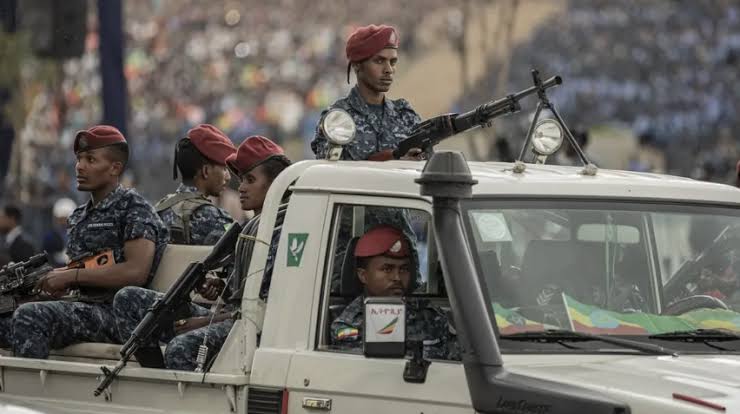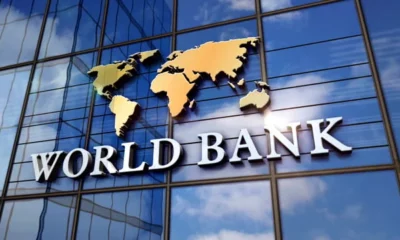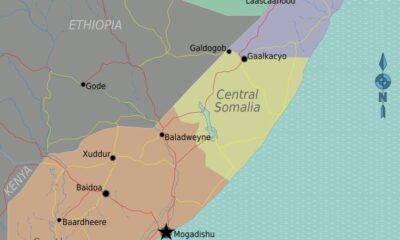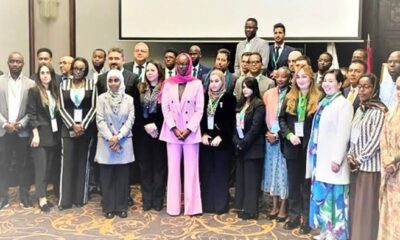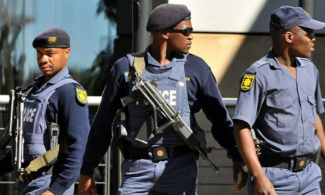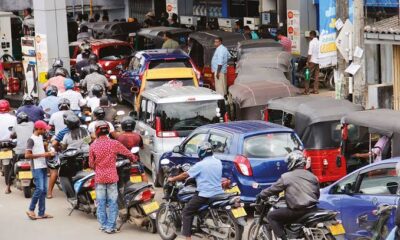More than 200 people have been killed in what is believed to be an ethnic attack in the Ethiopia’s Oromia region on Sunday, while thousands of others were injured and forced to flee the region.
The victims who are mostly of the Amhara ethnic group, were killed by rebel groups who invaded the villages and carried out the devastating attack.
According to witnesses, the Sunday attack is one of the deadliest against civilians in recent memory as ethnic tensions continue to escalate in Africa’s second most populous country.
“I have counted 230 bodies. I am afraid this is the deadliest attack against civilians we have seen in our lifetime,” Abdul-Seid Tahir, a resident of Gimbi county, told reporters who visited the troubled region.
Tahir who said he barely managed to escape the carnage, added:
“We are burying the the dead in mass graves, and we are still collecting more bodies. Federal army units have now arrived, but we fear that the attacks could continue if they leave.”
The Ethiopian goverment have blamed the Oromo Liberation Army (OLA) for the attacks.
In a statement on Monday, the Oromia regional government also blamed the OLA, saying the rebels attacked “after being unable to resist the operations launched by Federal security forces.”
However, OLA spokesman, Odaa Tarbii, has denied the allegations.
“The attack was committed by the regime’s military and local militia as they retreated from their camp in Gimbi following our recent offensive.
“They escaped to an area called Tole, where they attacked the local population and destroyed their property as retaliation for their perceived support for the OLA. Our fighters had not even reached that area when the attacks took place,” Tarbii said.
Ethiopia has been in the throes of widespread ethnic attacks in several regions, most of them over historical grievances and political tensions.
The Amhara people, the second-largest ethnic group in Ethiopia with over 110 million population, have been targeted frequently in regions like Oromia.

 Tech2 days ago
Tech2 days ago
 Sports2 days ago
Sports2 days ago
 Metro1 day ago
Metro1 day ago
 Metro2 days ago
Metro2 days ago
